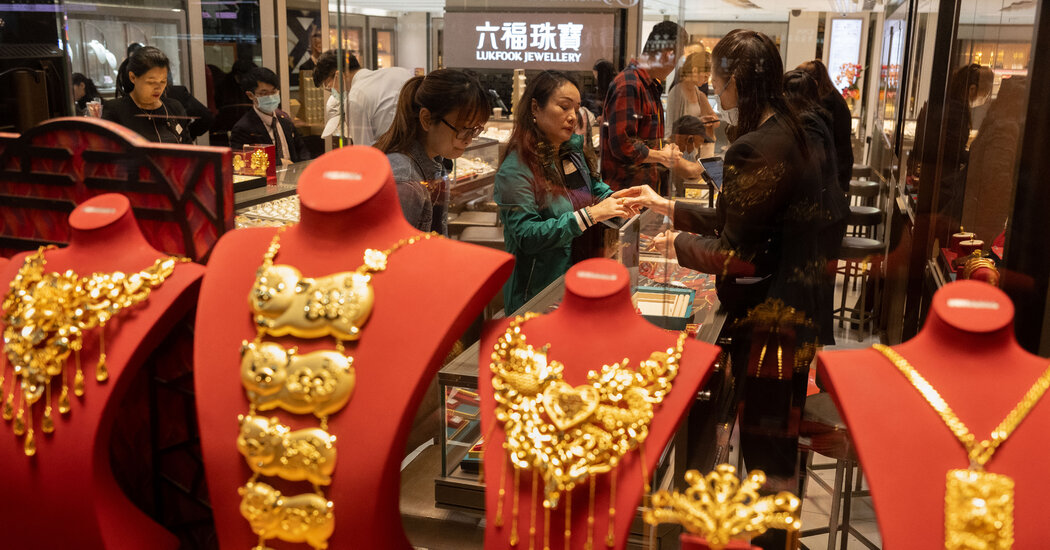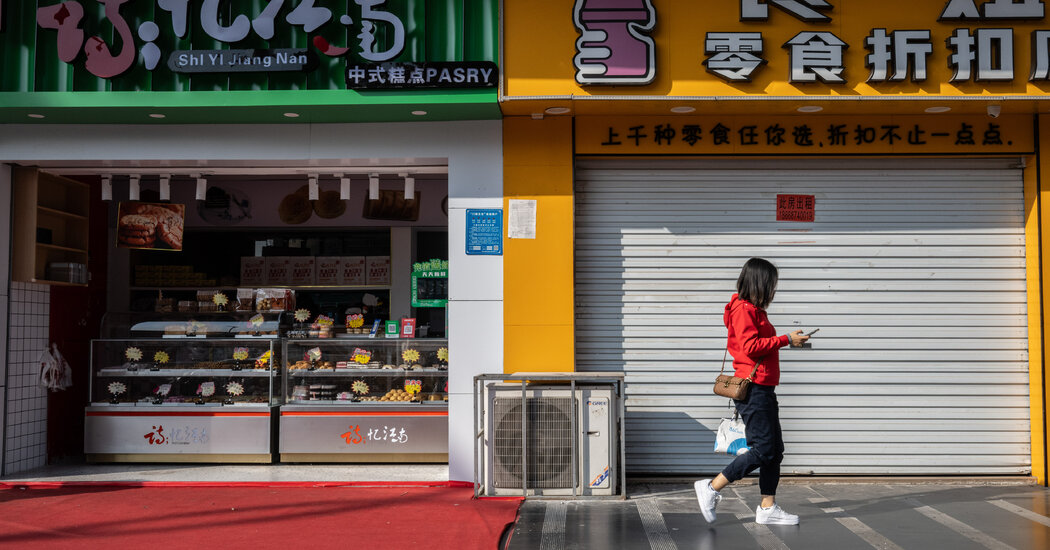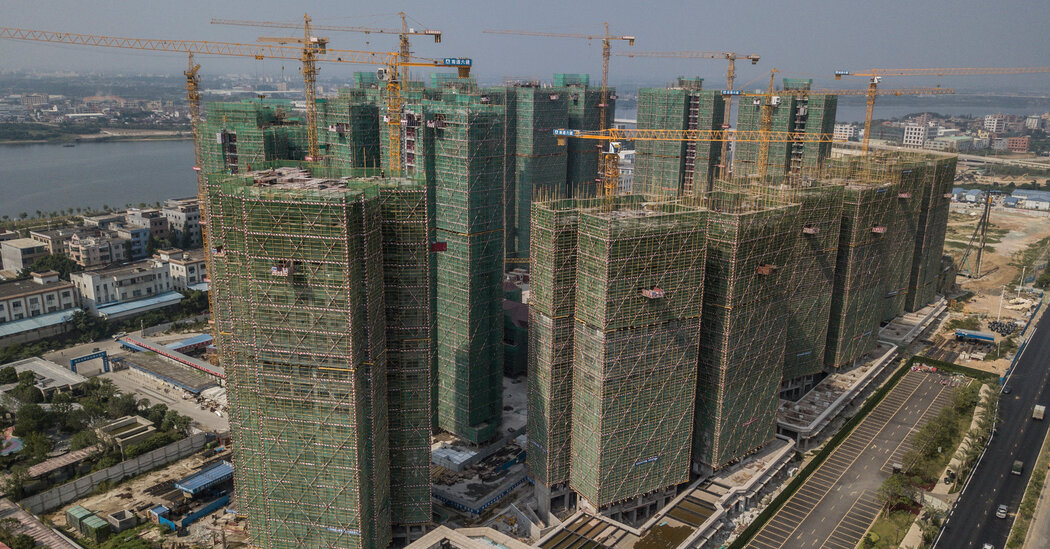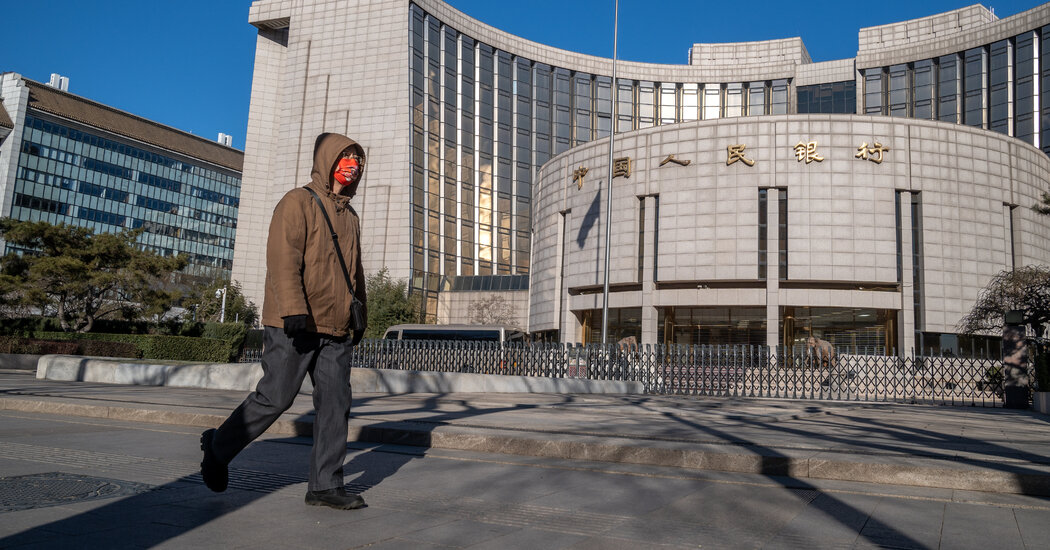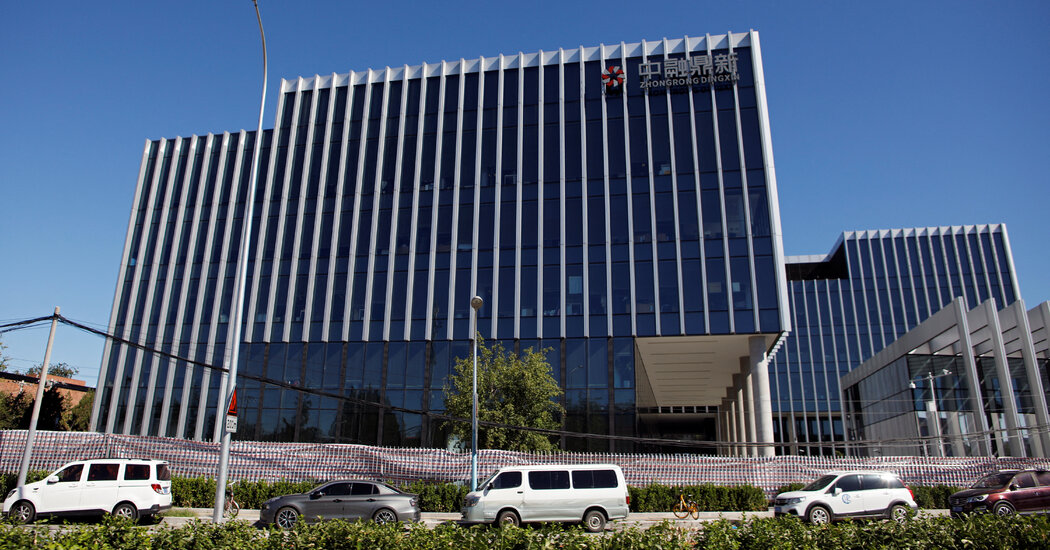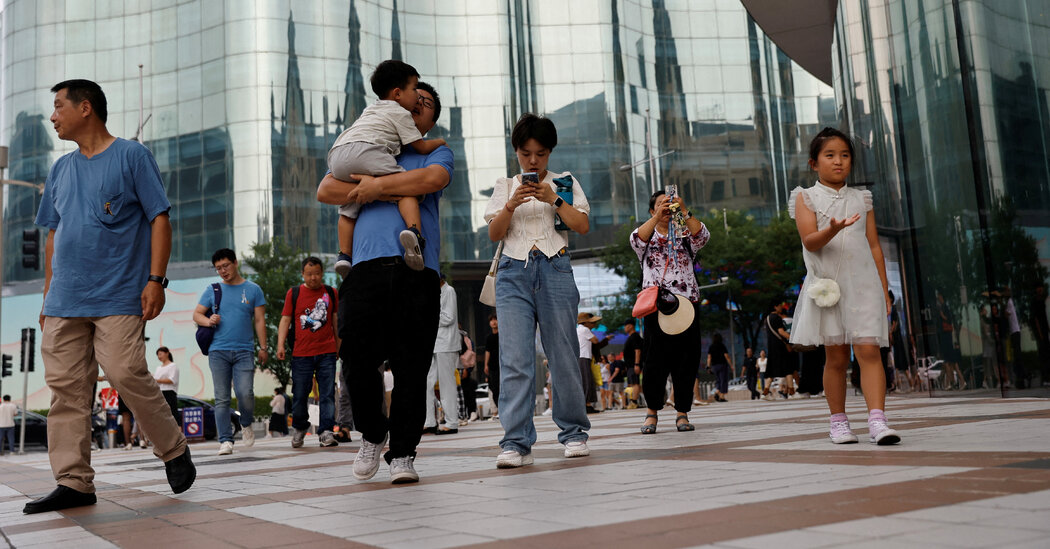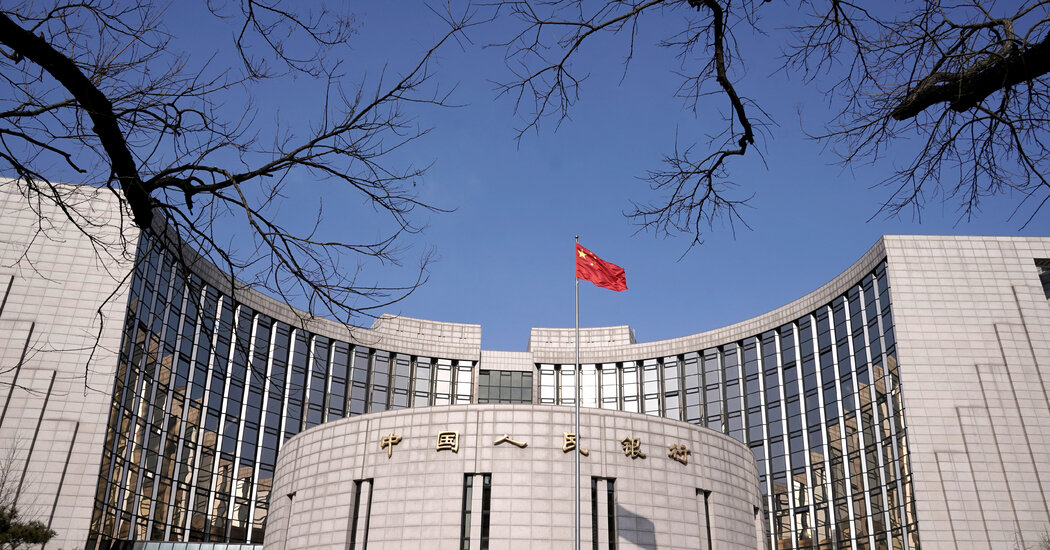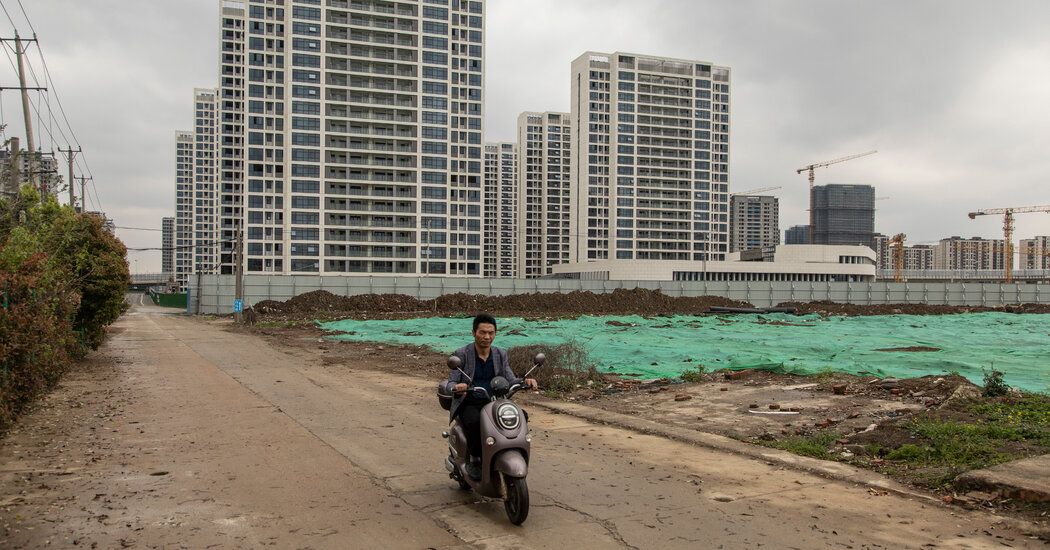Martin Guzman was a college freshman at La Universidad Nacional de La Plata, Argentina, in 2001 when a debt crisis prompted default, riots and a devastating depression. A dazed middle class suffered ruin, as the International Monetary Fund insisted that the government make misery-inducing budget cuts in exchange for a bailout. Watching Argentina unravel inspired Mr. Guzman to switch majors and study economics. Nearly two decades later, when the government was again bankrupt, it was Mr. Guzman as finance minister who negotiated with I.M.F. officials to restructure a $44 billion…
Tag: Banking and Financial Institutions
Xi Jinping Is Asserting Tighter Control of Finance in China
In his decade as China’s top leader, Xi Jinping has asserted greater control for himself and the Communist Party over the country’s economy. Now, Mr. Xi has moved to extend that power more forcefully than ever over China’s financial system. The Communist Party issued a detailed ideological statement on Friday in Qiushi, the party’s main official theoretical journal, that made clear that it expected banks, pension funds, insurers and other financial organizations in China to follow Marxist principles and pay obedience to Mr. Xi. The Qiushi paper, which was being…
Gold Bars and Tokyo Apartments: How Money Is Flowing Out of China.
Affluent Chinese have moved hundreds of billions of dollars out of the country this year, seizing on the end of Covid precautions that had almost completely sealed China’s borders for nearly three years. They are using their savings to buy overseas apartments, stocks and insurance policies. Able to fly again to Tokyo, London and New York, Chinese travelers have bought apartments in Japan and poured money into accounts in the United States or Europe that pay higher interest than in China, where rates are low and falling. The outbound shift…
China Consumer Prices Fall, Renewing Fears of Deflation
Prices are falling again in China after a two-month reprieve, with households and businesses wary of spending even as state-controlled banks pump money into the construction of more factories. The decline in prices could put China on the cusp of a pernicious economic condition called deflation, in which companies and workers find that they receive less money for their goods or their work, while their debts remain as heavy as ever. In the United States, by contrast, inflation has been brought down substantially, although consumer prices are still higher than…
China Bet It All on Real Estate. Now Its Economy Is Paying the Price.
When China’s housing boom seemed like a one-way bet, Gary Meng’s parents bought an apartment from China Evergrande, the country’s biggest developer. Soon the company called with another pitch: to manage their wealth. It was a good deal with little risk, the family thought. Evergrande had global recognition and was a politically important company at the heart of China’s growing economy. They invested all their savings. Then the unthinkable happened. In 2021, Evergrande defaulted, representing the start of a real estate meltdown that has shaken China’s economy, felled some of…
How China’s Property Crisis Is Testing Its Too-Big-to-Fail Banks
China’s giant banking system, the world’s largest, is heavily exposed to the real estate crisis: Nearly 40 percent of all bank loans are related to property. And pressure is building on those banks as dozens of real estate developers have defaulted or missed payments on overseas bonds, led by China Evergrande, the world’s most indebted developer. The scale of China’s property problems — enormous levels of debt, an oversupply of apartments and consumers increasingly wary of buying — means the government could be forced in the coming years to spend…
Real Estate Crisis Triggers New Alarms Over China’s Shadow Banks
An accountant in northeast China deposited her life savings and received a letter guaranteeing her investment in a trust firm. Workers at a state-owned utility pooled money from friends and relatives believing that their investments were backed by the government. A man sank $140,000 into an account that he was told would make a 10.1 percent annual return. They are among the hundreds of thousands of Chinese investors confronting a distressing reality: Their investments with Zhongzhi Enterprise Group, a financial giant managing $140 billion in assets, and its trust banking…
What Retail Sales and Other Data Say About China’s Economy
China’s trains, planes, stores and beaches were a little fuller last month than a year ago, and the pace of activity picked up at factories, particularly those making mobile phones and semiconductors. A batch of numbers released on Friday by China’s National Bureau of Statistics showed a modest improvement in the country’s overall retail sales and industrial production during August. A series of small steps taken by the government over the summer, including two rounds of interest rate cuts, seems to be yielding a slightly better-than-expected improvement in the country’s…
People’s Bank of China Cuts Reserve Requirement to Spur Bank Lending
China’s central bank announced a policy change on Thursday that will allow the country’s banks to lend more money, but a nationwide economic slowdown has left many companies and households wary of borrowing. The move is the latest in a series of economic stimulus measures by the Chinese government as growth has failed to rebound strongly this year as many expected after nearly three years of stringent pandemic-control regulations. Other measures taken to strengthen borrowing and spending have included government-guided interest rate cuts in June and a round of rate…
China’s Property Crisis: Why It’s So Hard for Beijing to Fix
China’s stock market was plunging and its currency was teetering. The head of the central bank, fielding questions at a rare news conference, said that China would make it easier to get home mortgages. It was February 2016 and Zhou Xiaochuan, the central bank’s longtime governor at the time, announced what proved to be the start of an extraordinary blitz of lending by China’s immense banking system. Minimum down payments for buying apartments were reduced, triggering a surge in construction. Vast sums were also lent to local governments, allowing them…


